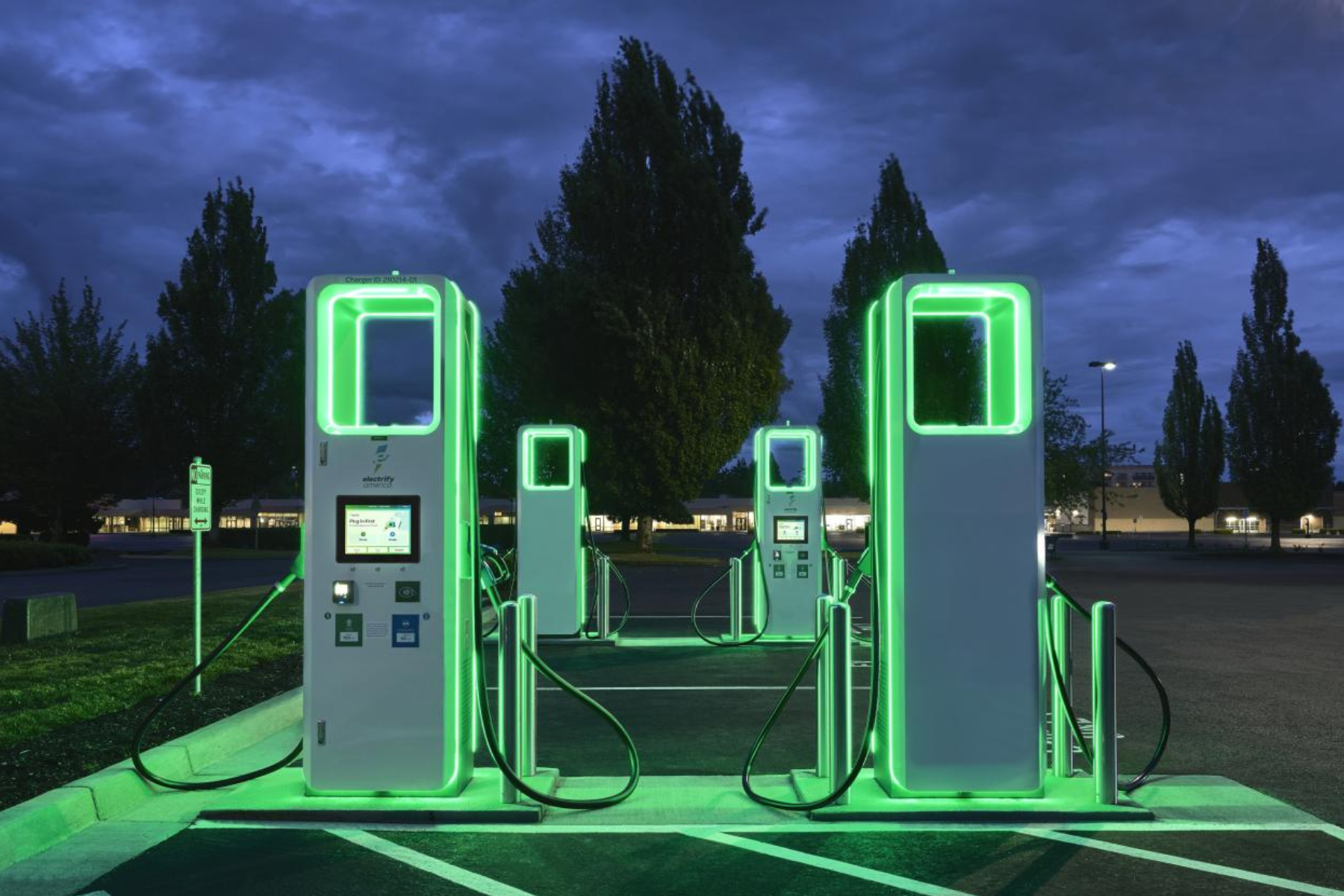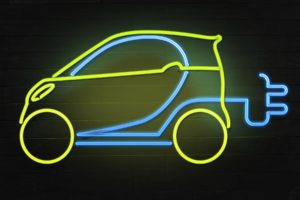AN INNOVATION WITH A PAST
Electric Vehicles (EVs), considered by many to be only a modern technology, were born back in the 1830s when inventors in the UK, USA, and Hungary created some of the world’s first small-scale electric cars. In 1884, Thomas Parker, the British electrical engineer, inventor, and industrialist who was also responsible for the electrification of the London Underground, made the first production electric car in Wolverhampton in England. The Americans soon jumped on the bandwagon and, in the early 1910s, innovators Henry Ford and Thomas Edison partnered to develop a low-cost commercial EV. But this early endeavour was squashed by the popularity of Ford’s Model-T plus the rise of the mass-produced internal combustion engine vehicles (ICEVs), and EVs seemed to be condemned to the annals of history. But not for long…
THE NEXT BIG THING
The energy crisis of the 1970s saw oil and petrol prices surge and this rekindled interest in EVs. Determined to reduce our dependence on crude oil, many vehicle manufacturers began to explore alternatives to ICEVs, including EVs. But quick-fix consumers who liked to top up and drive were a hard sell. Early EVs were slow, difficult to charge, and had a limited range. These challenges didn’t deter manufacturers and over the next 20 years, inroads into EV mass-production were made also motivated by precursors to the Paris Agreement, the international agenda supporting climate change. 1997 saw Toyota’s Prius go on offer in Japan and its worldwide release in 2000. The world’s first hybrid electric vehicle (HEV) was an instant success selling 1 million units by 2007 and paved the way for the rEVolution. EVs now promise to be the next big thing in the automotive industry.
EARLY LIMITATIONS
As in the years earlier, EVs at the turn of the 21st century were faced with the challenges of limited driving range, lengthy charging times, inadequate charging infrastructure, and high initial costs. Batteries were also expensive to replace and HEVs, then the most popular type of EV were heavily reliant on petrol. However, while these remain an issue to some extent, significant improvements have been made in terms of manufacturing, range, charging cost, and reliance on fossil fuels. Let’s look at these in more detail and how they pave the way for EVs to become the future of cars.
GETTING TO THE POINT
‘Range anxiety’ is a self-explanatory term that many EV drivers suffer from. What happens if I run out of juice before reaching a charging point? Will one be available and what happens if it’s not working? Thankfully, there have been massive improvements in battery technologies, the ratio of EVs to public network chargers, the use of home and workplace charging facilities as well as government incentives, subsidies, and grants for the uptake of EVs over ICEVs. EV buyers also spend a lot less on maintenance as EVs have fewer moving parts than ICE engines and are easier to maintain.
MUCH MORE THAN TESLA
Manufacturing companies are also putting much more effort into moving from ICEVs to electric cars. While we are all familiar with Tesla’s success, Mercedes Benz, MG, GM, Audi, Hyundai, Nissan, BMW, Renault, and VW have also launched EVs, which are receiving customer demand in different markets. VW is a case in point of how car manufacturers are inculcating EV production as their business model. In 2019, it launched the Audi e-Tron SUV with a 250-mile charge and a 30-minute recharge cycle. The German car giant is spending €30 billion in the next few years to make an electric or hybrid version of each vehicle in its line-up. VW plans to launch 70 new electric models by 2028 and by 2030 wants 4 out of every 10 cars it sells to be electric. If that’s not setting goals for the future, then what is?
SPEND MORE AND SAVE MORE
Most EVs don’t come cheap. In the UK, the average cost of a new electric vehicle is over £46,000 representing 170% as a percentage of the median salary. But while your upfront cost might be high, you’ll save more in the long run by owning an EV. First off, electric cars are energy efficient, using electricity up to a third more efficiently than ICEVs use fuel. Secondly, given the cost-of-living crisis and soaring fuel costs resulting from the Russian invasion of Ukraine, running a car on petrol or diesel is becoming increasingly more expensive. For owners of Battery Electric Vehicles (BEVs), this isn’t a problem as these vehicles are fully electric. And times have also changed for the fuel-reliant HEVs. In the UK in 2021, more than 190,000 BEVs were sold, a 76% rise on the 2020 total. You can compare this to the 114,500 HEVs sold. Overall, BEVs represented 11.6% of all new UK car sales in 2021, compared to 6.6% in 2020. If that’s not a future trend, then what is?
END OF DAYS
Whether you like it or not, one day you will have to say goodbye to your ICEV. Fossil fuels, from which petrol and diesel are derived, are a finite resource. The remaining amount of fossil fuels on Earth is measured in decades with estimates that we will run out by 2070. As such, the question isn’t if we switch to electric vehicles in the future, the question is when.
GO GREEN WITH EVs
At the moment, almost the entire planet is fighting global warming and frightening climate change. EV owners are doing their bit for the environment as the vehicles have zero tailpipe emissions and don’t pollute the atmosphere with harmful carbon dioxide. This results in better air quality and a reduction in pollution-related health problems. Put simply, owning an EV means taking ownership of the global environmental problems we face. Remember, however, that the ability of EVs to reduce greenhouse emissions is dependent on clean electricity. As such, the EV success story is closely linked to the prospect of abundant and affordable solar and wind energy.
ELECTRIC MOBILITY OF THE FUTURE
It’s not only in the UK that EVs are becoming a game changer. In 2020 in Norway, sales of electric cars surpassed that of ICEVs. Bloomberg reports that in the USA, a country known for its notorious gas-guzzling, more than 50% of the cars sold will be electric by 2030. It is estimated that by that year, 300 million EVs will be on the road globally. Besides electrification and mobility, connectivity will also be pivotal for EVs in the future. In our digital world, researchers and developers are continuously striving to integrate 5G, the Internet of Things (IoT), and Artificial Intelligence (AI). Part of that plan is the imminence of automotive connectivity. Will EVs be the next big thing? Yes. And solid-state batteries, wireless charging, and faster fast-charging are only three of many innovations that will make it happen.











